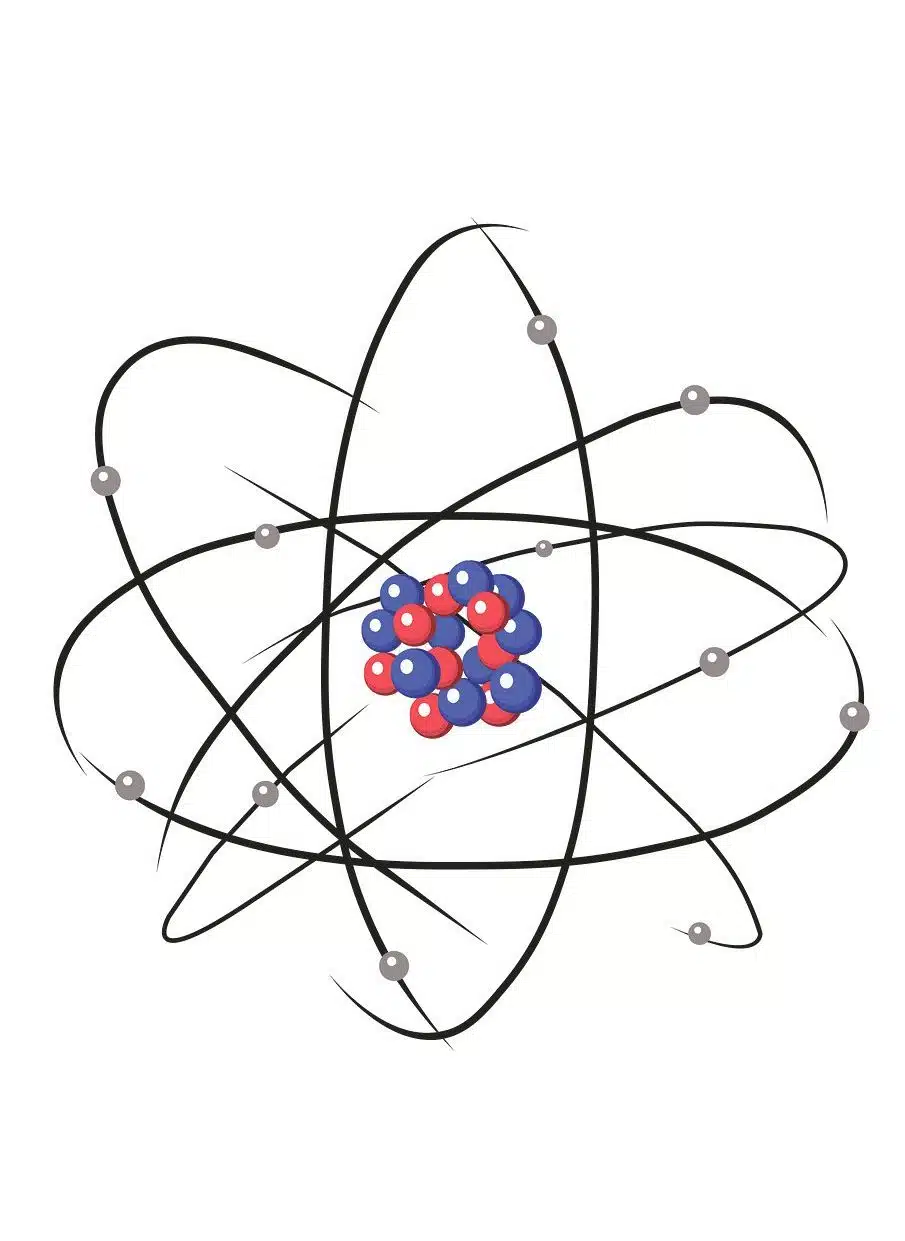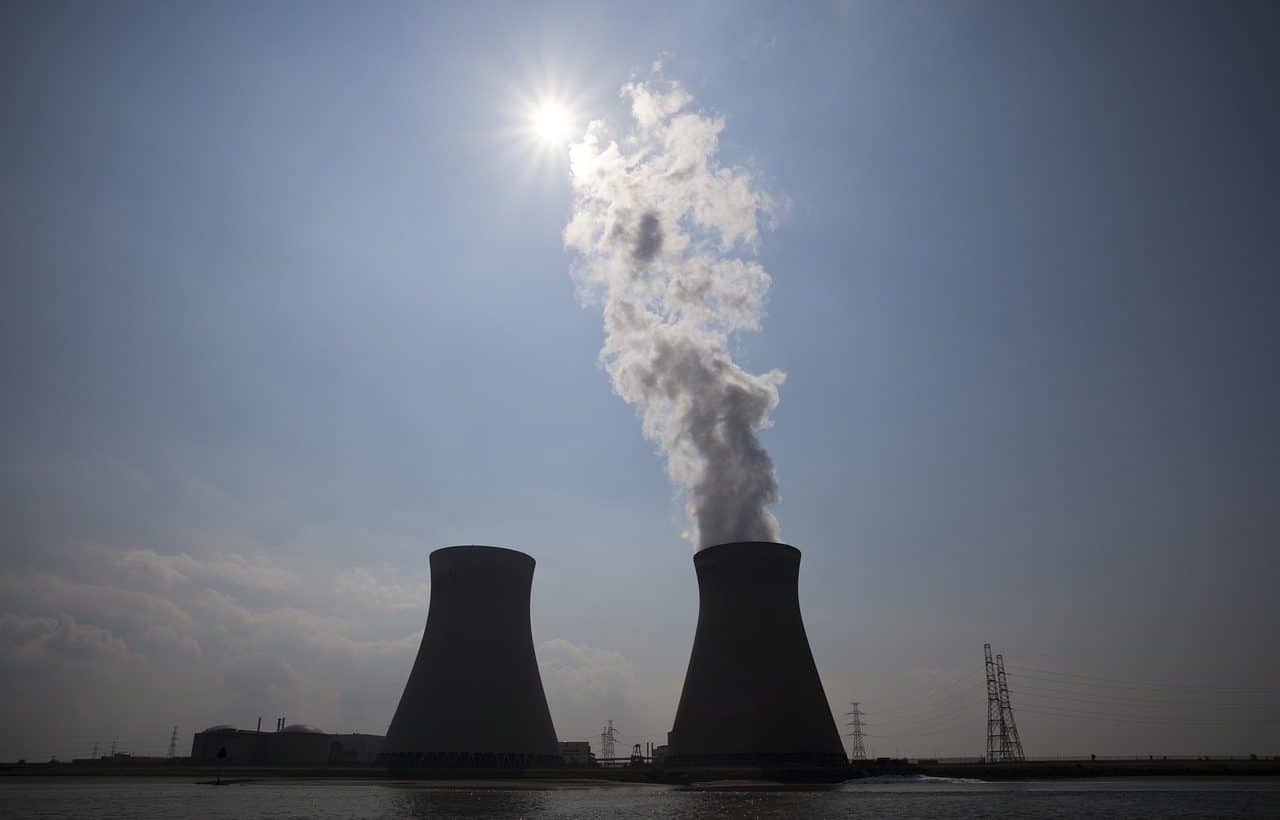
Nuclear chemistry studies the reactions that occur in the nucleus of an atom.
Nuclear chemistry is the specialty of chemistry dedicated to the study of the reactions that take place in the nucleus of an atom .
It should be noted that chemistry is a science that is dedicated to analyzing the modifications, properties, composition and structure of matter. Considered as an evolution of ancient alchemy , today chemistry is oriented towards various specialties, each with a specific object of study. We can talk about organic chemistry , inorganic chemistry , biological chemistry and analytical chemistry , among other branches.
Object of study of nuclear chemistry
Within the scope of study of nuclear chemistry, there are nuclear fusion , nuclear fission and radioactivity . Knowledge of this branch of chemistry is very important in different industries, such as the energy sector, medicine and food.
Nuclear chemistry, in short, studies the modifications that occur naturally or artificially in the nucleus of an atom . It also analyzes the chemical reactions that radioactive substances have.
radioactive substances
Among the radioactive substances of interest to nuclear chemistry are the following:
- Radon : a chemical element that is part of the noble gases, a group with properties such as that its atoms are not bonded to each other (they are monatomic), they are odorless, their degree of chemical reactivity is very low and they are colorless. Radon is also tasteless in its gaseous form. As a solid it is not colorless, but rather has a reddish appearance. Its symbol on the periodic table is Rn and its atomic number is 86.
- Radium : this element is recognized in the periodic table as it has the atomic number 88 and is represented by the symbol Ra. Although it has a pristine white color, when exposed to air it tends to blacken. This alkaline earth metal (a group to which calcium, magnesium, strontium, barium and beryllium also belong), is considerably radioactive and is found in uranium mines;
- Actinides : this is a group of elements also known as actinoids , which belong to rare earth elements and are called internal transition , in the same way as lanthanides. They receive their name from actinium, the first of the fifteen chemical elements that are part of this group, the last being lawrencium (with atomic numbers from 89 to 103 ). All of them have similar characteristics, although those with the highest atomic number are not part of nature and their life cycle is medium short.

The knowledge provided by nuclear chemistry makes it possible to take advantage of so-called nuclear energy.
Special nuclear chemistry equipment
On the other hand, the use of special equipment is necessary, and an example well known to all is nuclear reactors , devices in which it is possible to generate a nuclear chain reaction .
It must be carried out in a controlled manner and can be used to obtain energy in nuclear power plants , but also to produce fissile-type materials, such as plutonium , which in turn is used in the manufacture of ships, nuclear weapons and satellites, or for research purposes. As expected, in a nuclear power plant there is usually more than one reactor .
Energy use
Thanks to nuclear chemistry and nuclear physics , humans have managed to take advantage of nuclear energy for various purposes. This type of energy is released from the fusion or fission of atomic nuclei, processes that can be induced in a nuclear power plant.
The immense amount of energy that is released in these processes requires nuclear power plants to have important safety mechanisms, since eventual accidents can be devastating.
